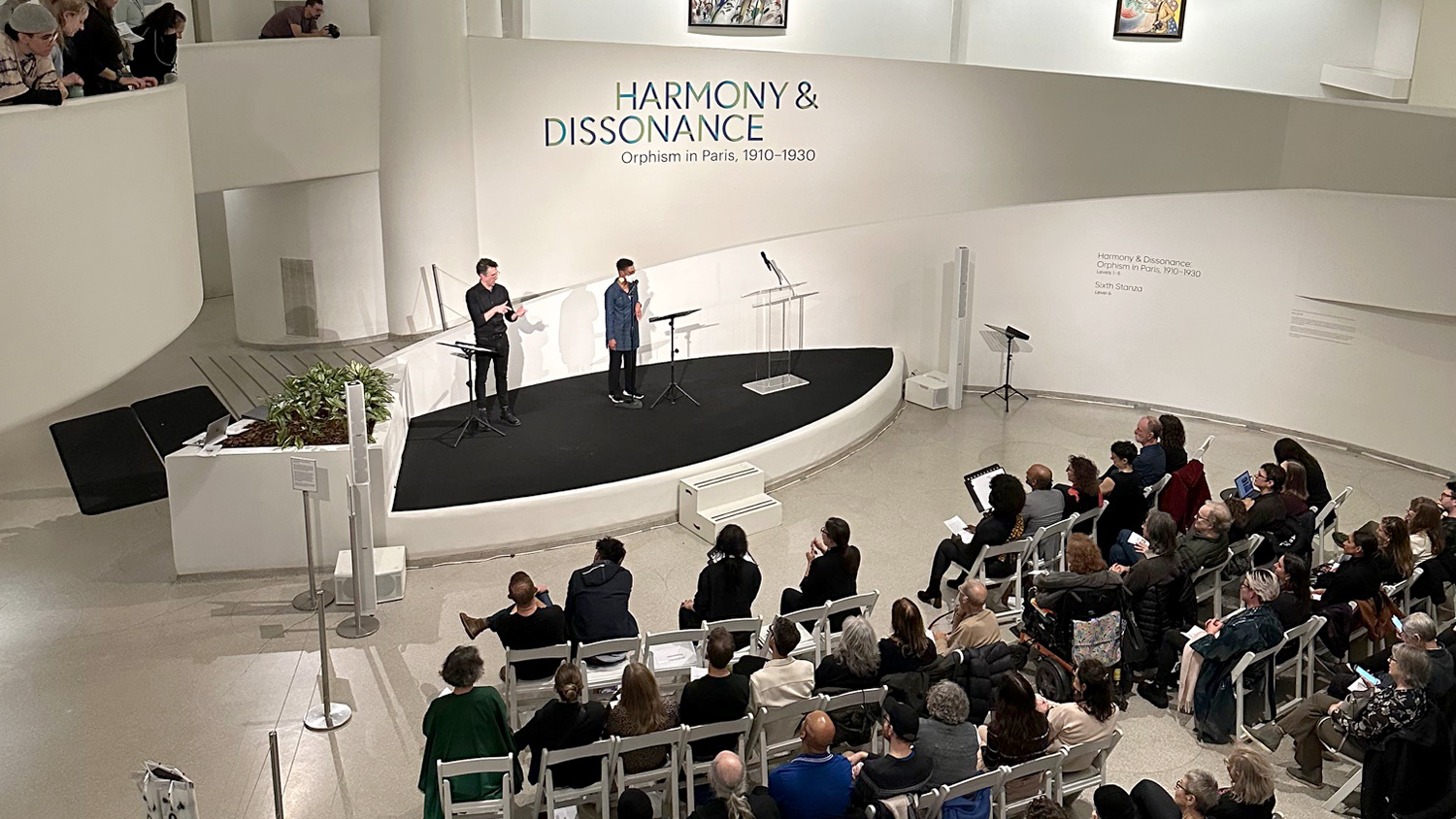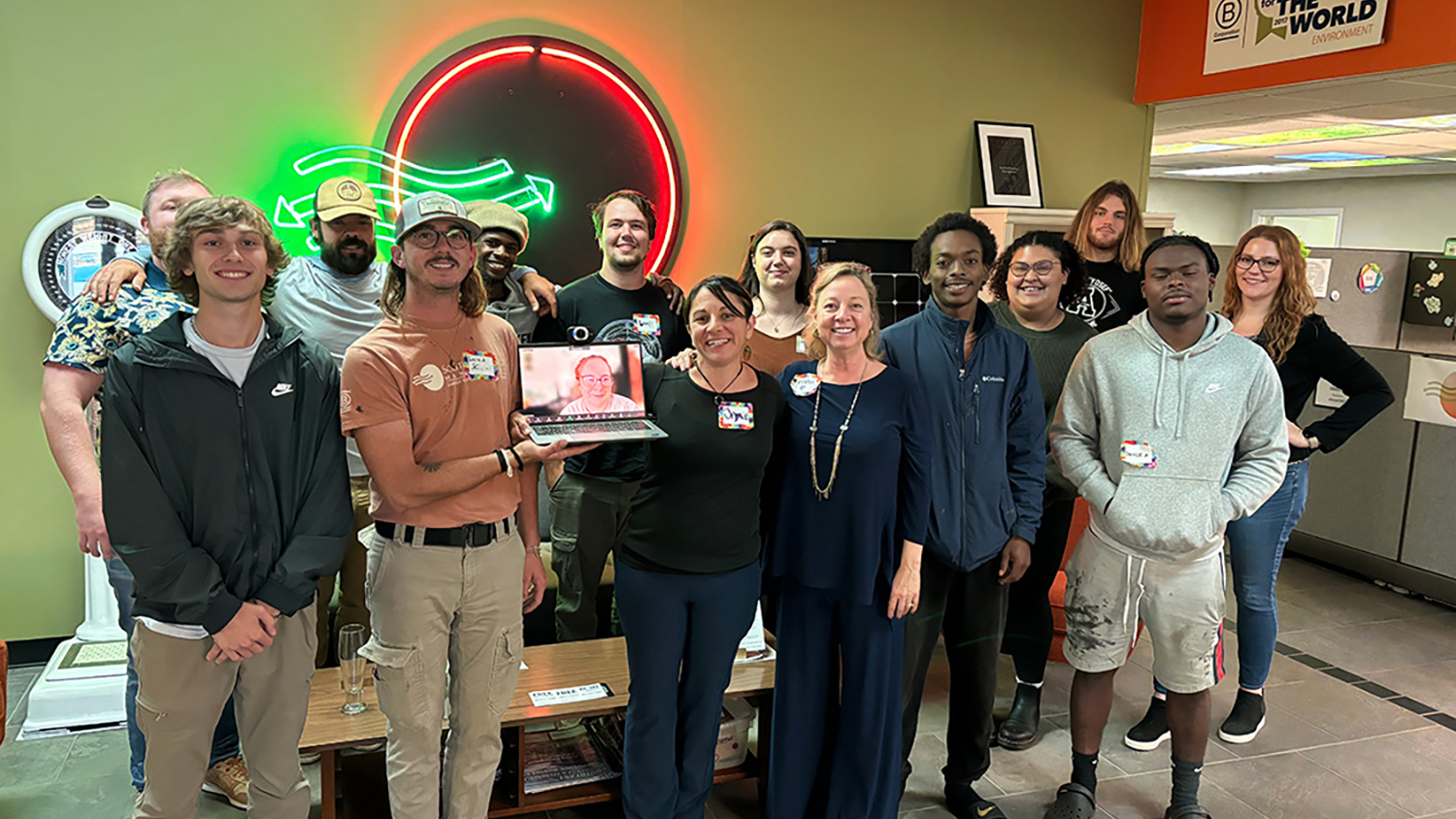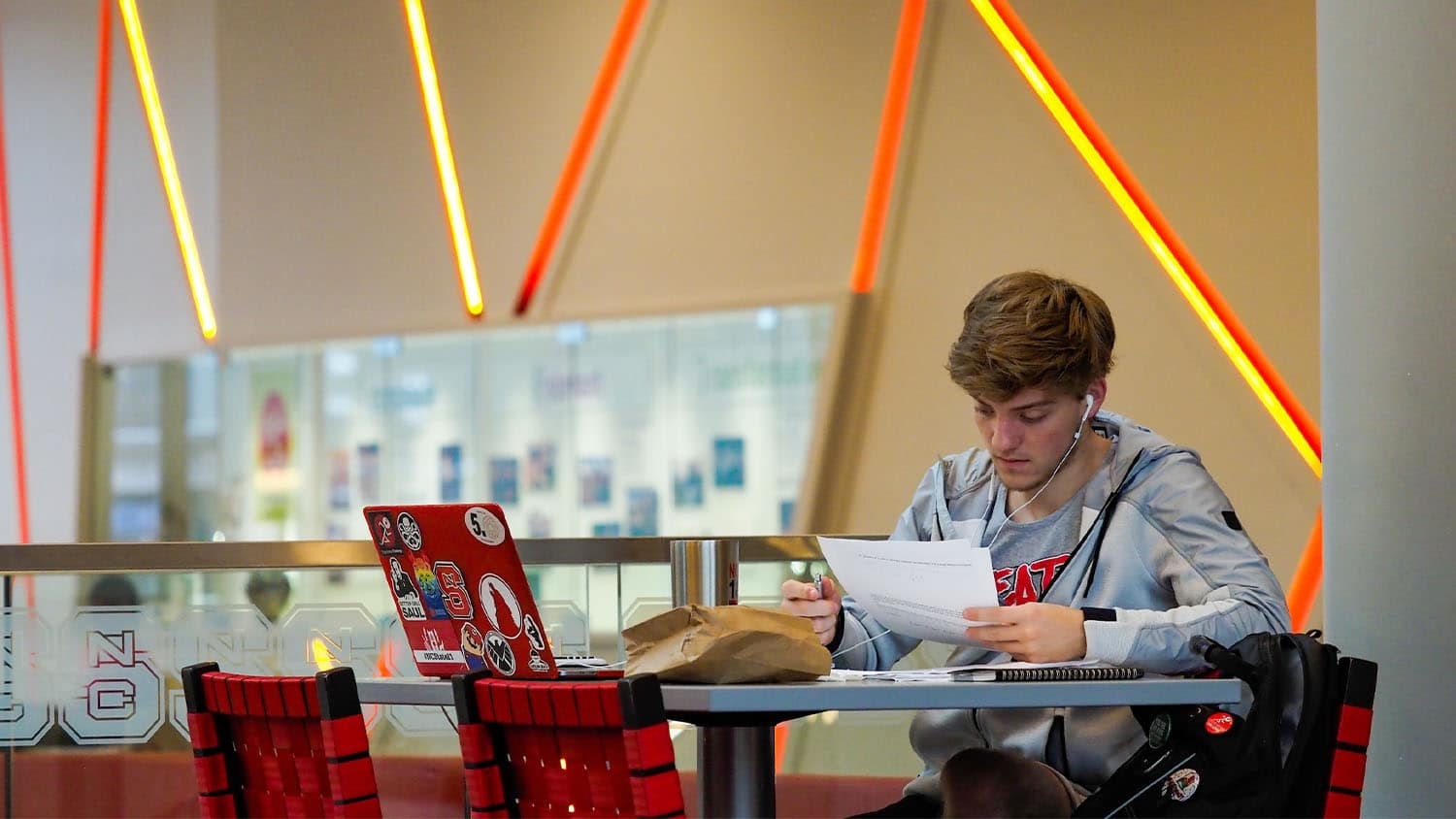English Prof is a Contender on Jeopardy!

Bob Kochersberger has taught journalism in the English department at NC State since 1986. He worked for newspapers in upstate New York before turning to the classroom and has continued to write professionally. Kochersberger has regular op-ed essays in the News & Observer, and has also had pieces in the Columbia Journalism Review and the Chronicle of Higher Education. He studies the American muckraking journalist Ida Tarbell.
He wanted to be a Jeopardy! contestant for years and took the annual online qualifying exam every January. In 2012 he passed the qualifier and auditioned in New York City that summer. It took 18 months, but finally he was called to be on the show the first week in February. Watch him compete on the syndicated game show on April 28.
The following is a first-person account of his experience on Jeopardy!
When I got the call in early January to fly to Los Angeles to compete onJeopardy!, the last thing on my mind was security. But the people at Sony Pictures, the force behind Jeopardy!, have not forgotten the game-show scandals of the 1950s.
Quiz programs now have standards and practices departments that run the shows (figuratively and literally), which I experienced first hand when I was on the sparkling set of Jeopardy! An outside company is hired to provide airtight security to ensure there is no possibility that a player knows answers in advance. Although I never met anyone affiliated with the company, their policies affected me in several ways. For instance, before each game, the writers generate seven categories of questions — well, answers — secret even to host Alex Trebek. Then the security consultant randomly deletes one category, leaving six to be played.
I was one of 20 players summoned to compete that week. Jeopardy! records five shows each on the Tuesday and Wednesday of the taping week, amassing two weeks’ worth of shows in two days. Each show requires two new contestants to face the returning champion, accounting for the 20 people gathered at the studio in Culver City, Calif. We nervously eyed one another and wondered just how smart, quick and lucky the others were. I was quite aware that I was the oldest person in the group.
After all the pre-show activities — paperwork, pep talk and makeup (“this is high-definition TV,” I was told) — we marched onto the set for some practice rounds. While we were getting a feel for the buzzer, our names were written on small pieces of paper and placed face down on a table. The security consultant then randomly picked two names to be the first two players to face the returning champion. I was shocked to be picked to play in the first game of the first day. Succeeding players were picked the same way.
More security procedures governed where we would stand, as the other new contestant and I had to pick cards to determine whether we’d stand at the second or third player’s lectern. I drew No. 2, so I was in the middle, between two women young enough to be my daughters.
We were wired for sound, given one last drink of water from a small bottle (mine was labeled “No. 2”) and the game began. Because of the nondisclosure rules, I’m not supposed to say how I did. I can say that it was a fantastic experience.
Weeks later, by sheer coincidence, the same Jeopardy! contestant consultants I’d worked with in California came to Raleigh to audition local hopefuls. I got in touch with the consultant I knew best and suggested we have lunch. What could the harm be, I figured, since my taping was long over?
To my surprise, he had to decline. More security, he said. A lot of things in life these days are rigged, but not Jeopardy!
This article first appeared in the NC State Bulletin.


